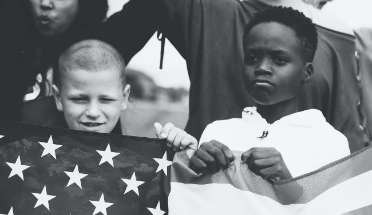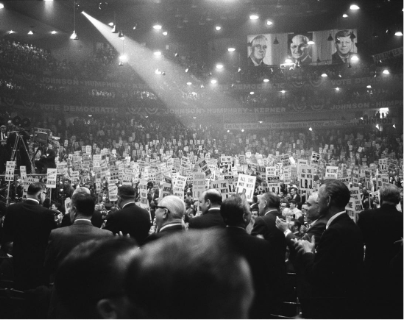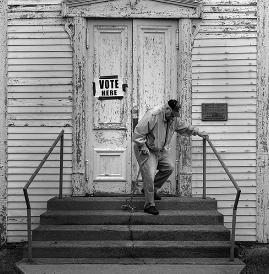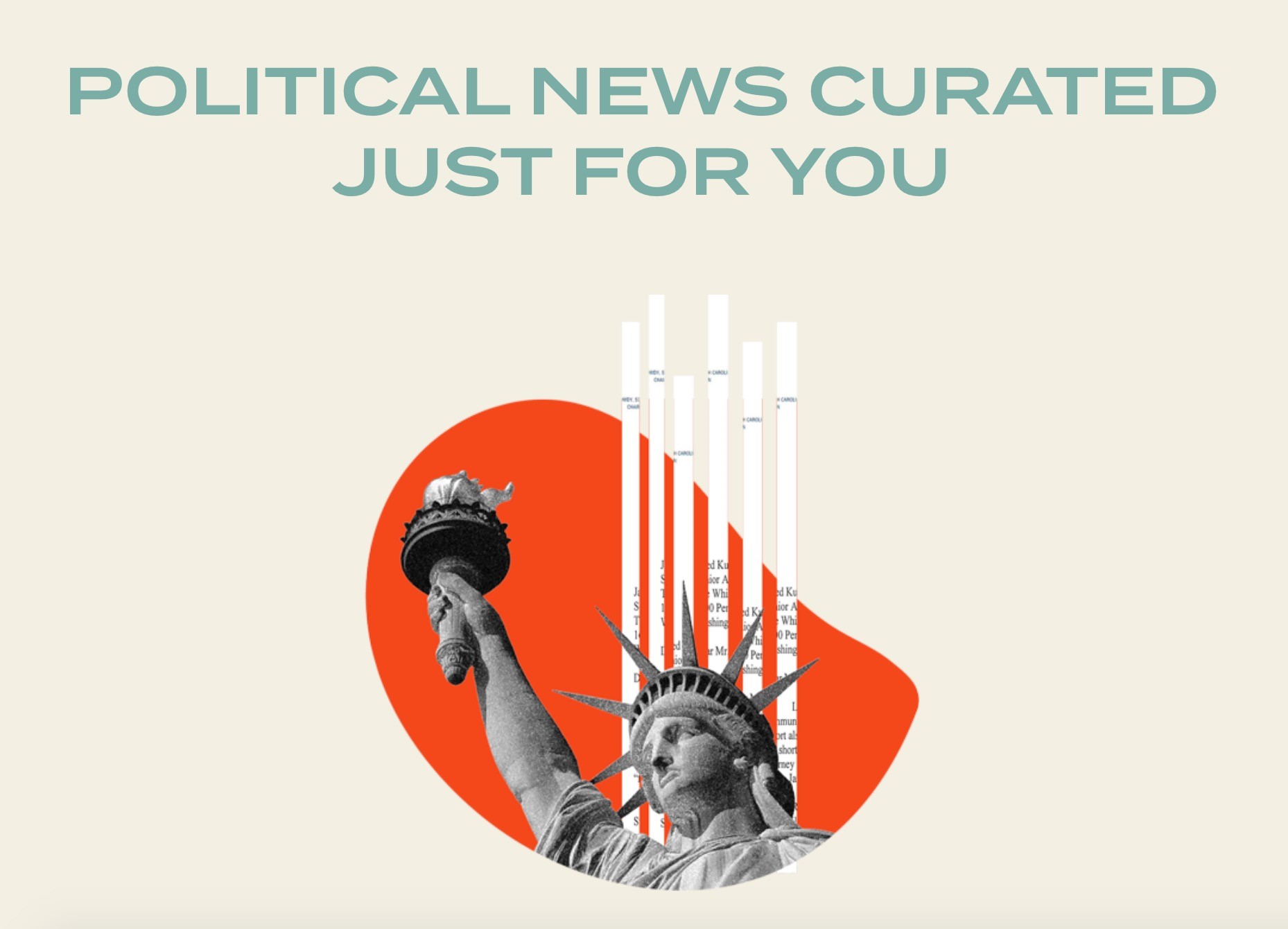The Gain of Loss
By Dan Driscoll
My political story started on Thursday afternoon, December 19th at around 2:00pm. I got a call from a buddy who read that Congressman Mark Meadows had announced that he was not running for re-election in his exceptionally secure seat. His announcement was particularly unique for two reasons: first, he announced 30 hours before the filing deadline, and second, he announced after the period had lapsed for any already-filed candidate to switch from their stated race (meaning that if you had already filed to re-run for your state senate seat then you were locked into that seat). My buddy pointed out three things on that call: 1) by virtue of the short timing it would be a sprint election, 2) the field of candidates would be unique, and 3) almost certainly only one candidate in the field would have known that this was coming (presumably Congressman Meadows timed it this way to benefit someone).
I spent the next couple of hours debating whether my family could sustain starting a Congressional campaign on such short notice. My wife, Cassie, was training to be a surgeon while living in a different state, and our two kids bounced between our two homes across state lines. Also, to throw a bit more excitement into the decision, the race was in a third location, not even where I was living, but instead in the district where my wife and I grew up. Cassie and I had the chance to talk when she got out of a surgery at about 6:00pm.
By 6:05, I was driving to our state’s capital to register in the morning. I was about to run for Congress.
That same day, a campaign manager flew in to help, and the next 10 weeks were a blur. We basically had to make most of the campaign branding and spending decisions within the first two weeks and live with the consequences for the rest of the campaign.
I got a lot of things wrong.
I wildly overestimated my fundraising pace, assuming it would even mildly resemble the hot start from the first 7 days of dialing buddies in my cell phone…it was not even close, and we had to dig out from a deficit for the rest of the race. I also picked a core message that focused almost completely on one narrow aspect of my experience. It was mushy and got lost in the crowded field. It is easy to look at those errors (and many more) and assume that it was something we actively did that led to the exceptionally mediocre outcome (6th out of 12). Despite the slowed down fundraising pace, overall, we easily doubled (and probably tripled) the amount of money spent compared to the next closest candidate, yet I got crushed. In the dozens of AARs (after action reviews) that we had, we all tried to find the one or two actions that were most responsible for the loss. As best I can tell, now almost a year later, it was not a wrong action per-say, instead it was a wrong view of the purpose of the election.
Mid-election night, as it was clear I was going to get throttled, I called my wife. Her first response was, “Well, I think democracy may actually be working right now.”
It was not exactly what I was hoping to hear at that exact moment but, on reflection, I know she was right. There were a couple of other candidates in the race who had varying degrees of competitive advantages. All of them, and me, got absolutely crushed by a then 24-year-old who was, by virtue of the congressional age limit, completely new to the space. He could not have had any congressional experience yet, and he did not spend nearly the most. He did, however, have something that the rest of us did not: he most closely aligned with the preferences of the voters. People met him and fell in love with his positions and beliefs. He most closely reflected what the voters wanted in their representative. That is amazing, and it’s beautiful. It’s exactly what a democratic republic is supposed to do. It was not ads. It was not money. It was not previous political experience. It was a deep belief by the voters that they could spot the person that would most truly represent them.
Democracy worked then, and it continues to work beautifully now.
It does not mean it’s not sometimes painful to the losing side, but it does mean that it’s something that should be cherished, guarded and advocated for, especially in a loss.



